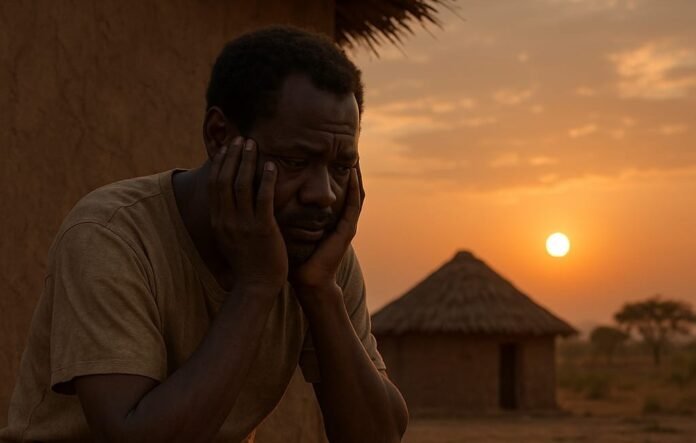By: Isaac Christopher Lubogo
The Luganda phrase “Bukedde banyannikee” captures more than the simple arrival of morning. It carries within it a sigh — a weary recognition that dawn, instead of renewal, announces the return of unchanging burdens. It is morning, yes, but morning as the messenger of yesterday’s troubles dressed in today’s clothing.
This is not just a linguistic flourish; it is a philosophy of life that reflects the human struggle with stagnation, routine, and despair. Each sunrise should symbolize possibility, yet for many it heralds repetition: debts unpaid, hunger unquenched, wounds unhealed, and hopes deferred.
1. The Tyranny of the Cyclical
Life, when stripped of novelty, becomes a circle without exit. To wake and find that nothing has shifted — that poverty still hangs like mist over the hut, that injustice still reigns in the courts, that betrayal still echoes in the heart — is to feel imprisoned by time itself.
Philosophers from Nietzsche to Kierkegaard wrestled with this tyranny. Nietzsche imagined the “eternal recurrence” — what if you had to live the same life endlessly, again and again? Kierkegaard, on the other hand, spoke of despair as the sickness unto death, when tomorrow offers no real difference from today.
In Bukedde banyannikee, we see the African echo of these same anxieties: the dread that life is not progressing, only circling.
2. The Poverty of Change
The tragedy is not only that troubles return, but that joy rarely does so with the same persistence. Hunger is faithful; abundance is fleeting. Grief has continuity; happiness has interruptions. Thus, the dawn often feels like the opening of a courtroom where the accused — our souls — are tried again under the same charges, without hope of acquittal.
In Uganda’s villages and cities, this truth is visible: a peasant wakes to till land that still yields little; a teacher wakes to teach without pay; a patient wakes to queue at a hospital without medicine. Each day is not progress, but replay.
3. Resistance in the Repetition
Yet, within this despair hides a paradox. To recognize “Bukedde banyannikee” is itself a form of resistance. For language gives voice to reality, and naming one’s sorrow is the first gesture of confronting it. Silence would mean surrender; speech is survival.
In the lament of this phrase is a subtle defiance: “Yes, my troubles return, but so have I. If sorrow is faithful, then so is my endurance.”
The human being becomes heroic not when life is new every morning, but when life repeats and we still rise.
4. The Philosophy of Dawn
The morning, then, is both curse and promise. It curses us with continuity of pain but promises us continuity of existence. For as long as dawn returns, so does the possibility — however faint — of breakthrough.
To live under Bukedde banyannikee is to live between despair and hope, knowing that life may never dramatically change, yet still choosing to rise. It is an act of faith: faith not in the absence of trouble, but in the dignity of enduring it.
Closing Reflection
Perhaps the deepest lesson of Bukedde banyannikee is this: life may not always offer transformation, but it always offers confrontation. Every morning, the troubles stand again before us. And every morning, so do we.
Thus, the true philosophy is not to wait for a morning without troubles, but to become a person who can stand every morning despite them.
As the African proverb reminds us: “The sun will rise even if we do not sing, but it is better to rise singing.”








